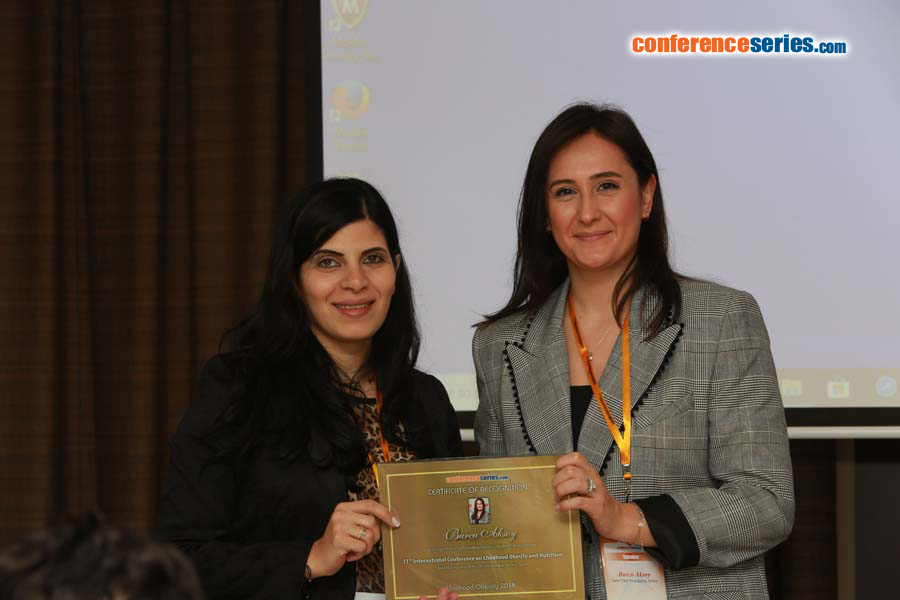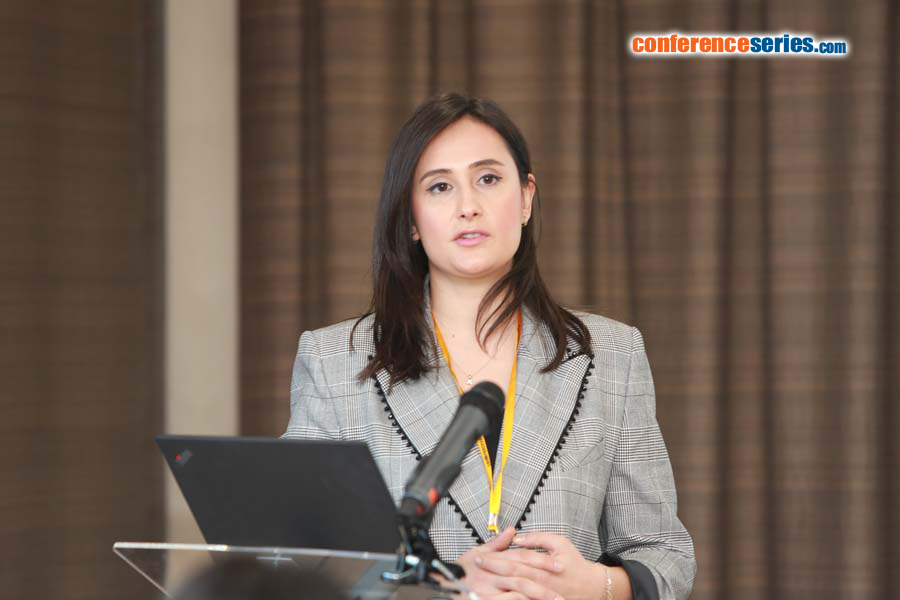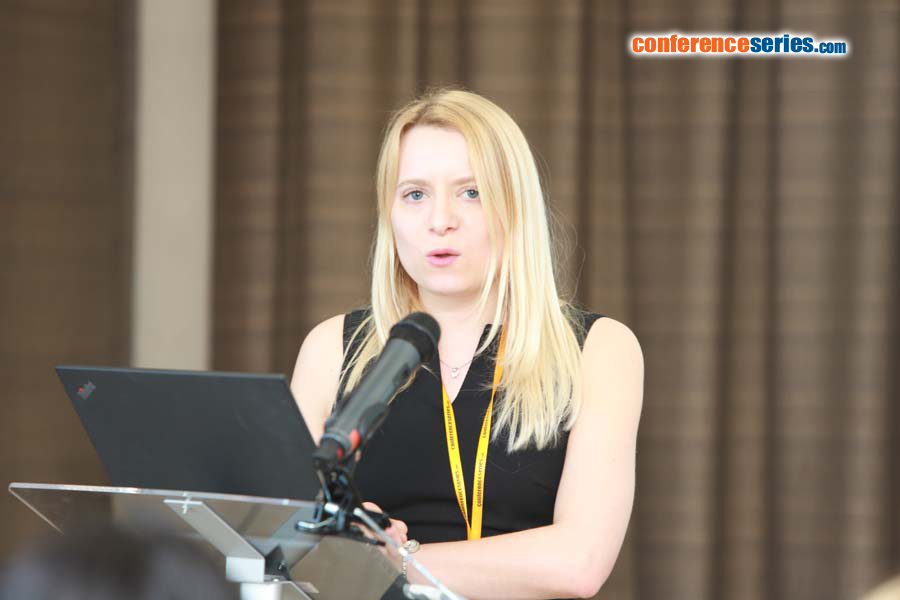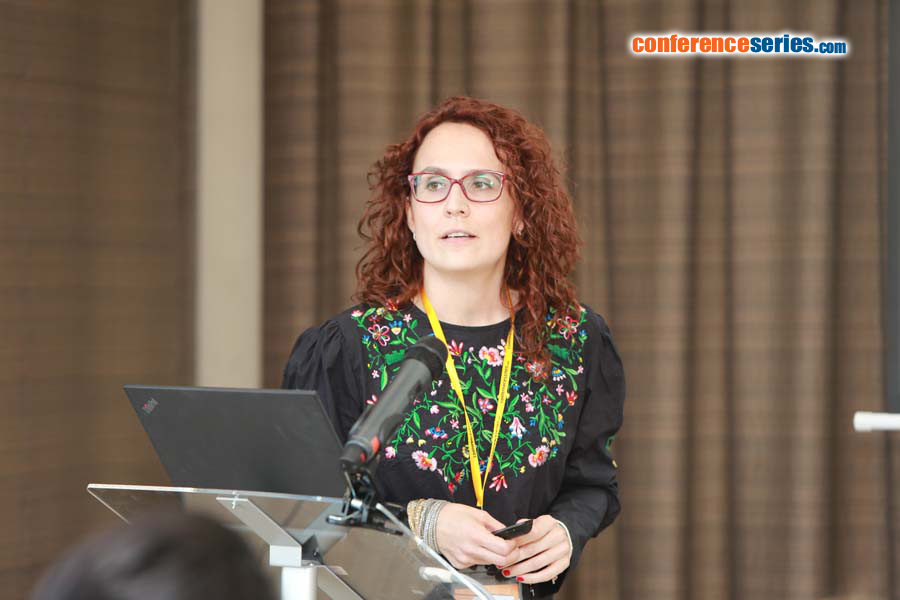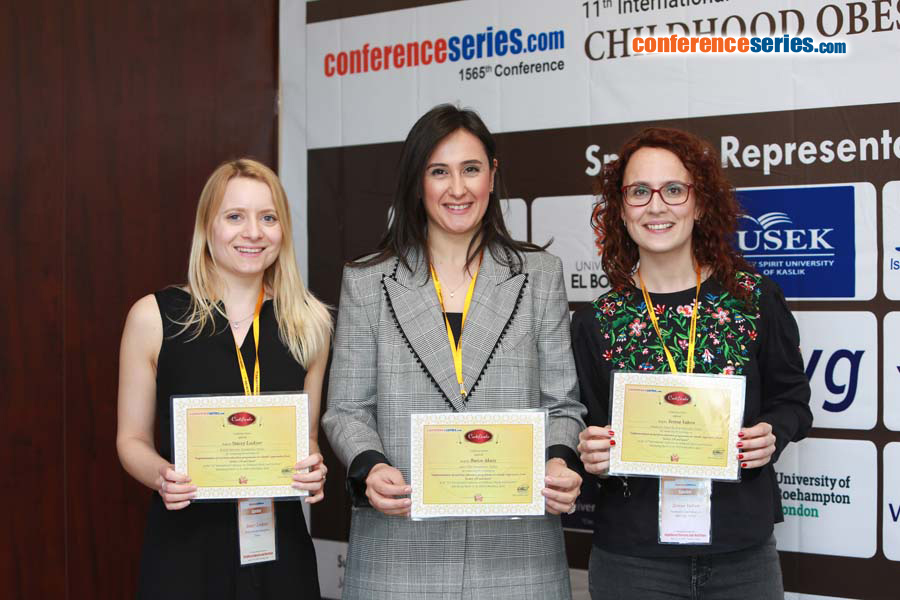
Burcu Aksoy, Stacey Lockyer and Teresa Valero
Sabri Ãœlker Foundation, Turkey
Title: Implementation of nutrition education programmes in schools: Approaches from Turkey, UK and Spain
Biography
Biography: Burcu Aksoy, Stacey Lockyer and Teresa Valero
Abstract
Nutrition education can provide individuals with the knowledge, skills and motivation to help them to make healthy dietary choices. Schools are an ideal setting for nutrition education because they are one of the main social contexts in which lifestyles are developed but schools are part of a network of influences which shape eating and activity patterns and attitudes. As an instance, school aged children develop behaviour through interaction with other pupils, teachers, parents, siblings and external influences such as the media. As well as nutrition education, schools also have many other means of contributing to good nutrition and health. School-based nutrition interventions can include learning experiences and other actions implemented by schools which make healthy nutrition a way of daily life, both at present and in the future. The Balanced Nutrition Education Project was established in 2011 by the Sabri Ülker Food Research Foundation in collaboration with the Turkish Ministry of Education’s Elementary Schools General Directorate to contribute to developing healthy eating behaviors in school children in Turkey. The Balanced Nutrition Education Project is being implemented in 10 cities and 500 schools and in 4 different regions of the country and at present the 2017-2018 programmes is reaching 6 million students, teachers and parents (Figure1). The Food – a fact of life programme was devised by the British Nutrition Foundation (BNF) and originally launched in 1991. It provides resources to support food and nutrition teaching through a progressive learning framework, all of which are tested in schools. The programme also supports the professional training of teachers at primary and secondary school levels. In addition, BNF provides a healthy eating week for schools (and others) to help address whole school food issues – and in 2017, 9,681 schools registered representing 4.2 million children and young people (Figure 2). Programmes may lead to different outcomes in different countries, as a result of cultural differences and other factors; it is very useful to share experiences, which highlights the importance of networks such as BNF and Sabri Ülker Foundation to ensure communication and sharing of best practice.


